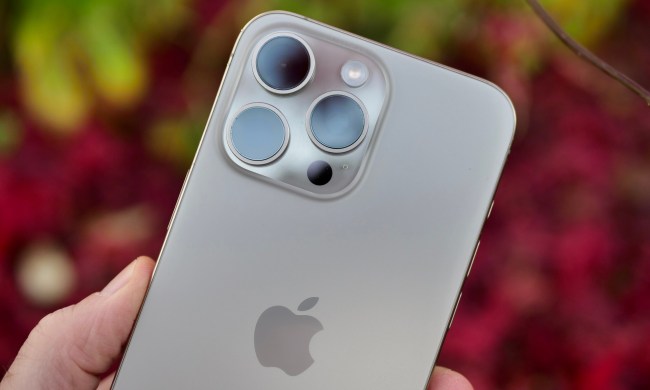
As with the high-profile San Bernardino case, the FBI tried to use the All Writs Act – a law introduced more than 200 years ago – to force Apple to comply with its request, but Brooklyn judge James Orenstein rejected the government’s action.
“After reviewing the facts in the record and the parties’ arguments, I conclude that none of those factors justifies imposing on Apple the obligation to assist the government’s investigation against its will,” Judge Orenstein wrote. “I therefore deny the motion.”
Orenstein said that ultimately, “the question to be answered in this matter, and in others like it across the country, is not whether the government should be able to force Apple to help it unlock a specific device; it is instead whether the All Writs Act resolves that issue and many others like it yet to come….I conclude that it does not.”
The All Writs Act, which became law in 1789, allows federal courts to issue orders that force third-parties to cooperate and be helpful to other court orders.
The ruling is the result of four months of deliberation by Judge Bernstein, and while the defendant in the drug case has already pleaded guilty, law enforcement says his phone could hold useful information for other investigations. Apple is yet to make any official comment on Judge Orenstein’s ruling, though the US Justice Department has said it intends to appeal.
Related: Even the FBI can’t defeat good encryption – here’s why it works
While Monday’s judgment has no direct connection with the San Bernardino case in which a California judge recently ordered Apple to help the government access the iPhone of one of the shooters involved in December’s attack, Judge Orenstein’s ruling will nevertheless be a boost for the tech giant and is likely to come in useful as the company continues to argue its position against assisting the FBI by breaking into one of its own phones.
In the San Bernardino case, the government has asked Apple to create new software that would enable it to bypass security functions on an iPhone that belonged to Syed Rizwan Farook, one of the San Bernardino killers. The FBI believes it could hold vital information about who Farook and his wife communicated with and places they visited in the weeks and months leading up to the attack in which 14 people died.
Apple boss Tim Cook was quick to argue against the FBI’s move, saying that in the wrong hands, software used to unlock Farook’s phone “would have the potential to unlock any iPhone in someone’s physical possession.” The company said that such a step could damage the trust between Apple and its customers and adversely affect the Apple brand. “The same engineers who built strong encryption into the iPhone to protect our users would, ironically, be ordered to weaken those protections and make our users less safe,” Cook said.
Meanwhile, FBI director James Comey has argued that any software created to break the phone’s security would work on Farook’s phone only, “and so the idea of it getting out in the wild and it working on my phone or your phone….is not a real thing.”
You can check out DT’s full analysis of Apple’s unfolding battle with the FBI over encryption here.


